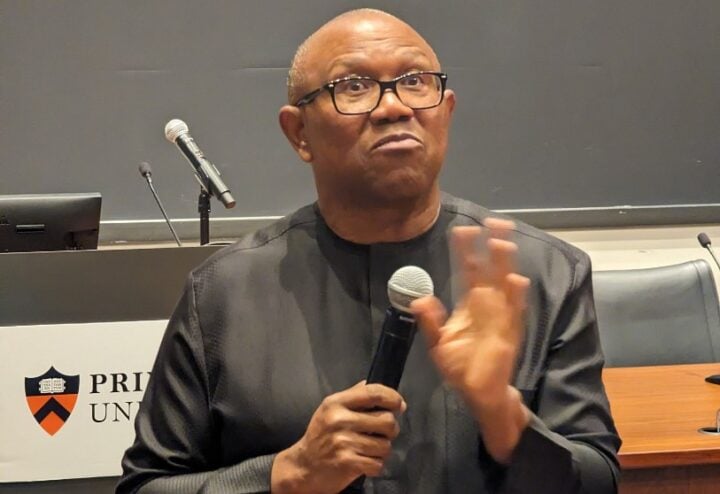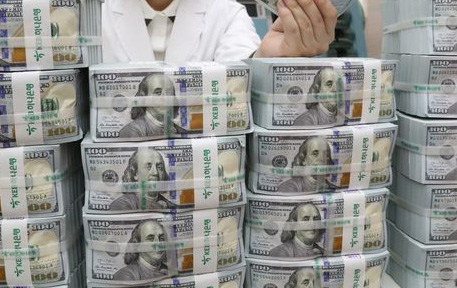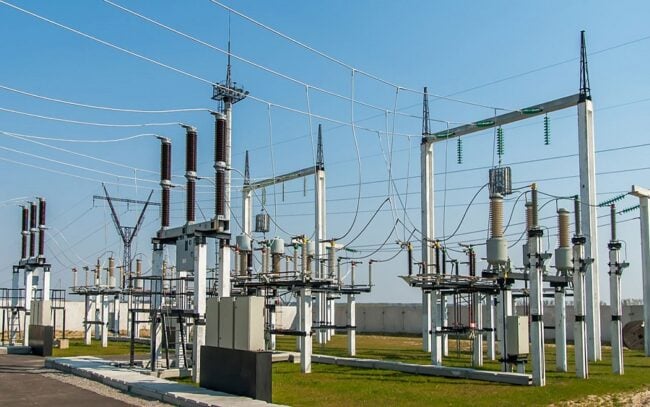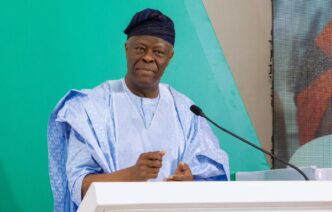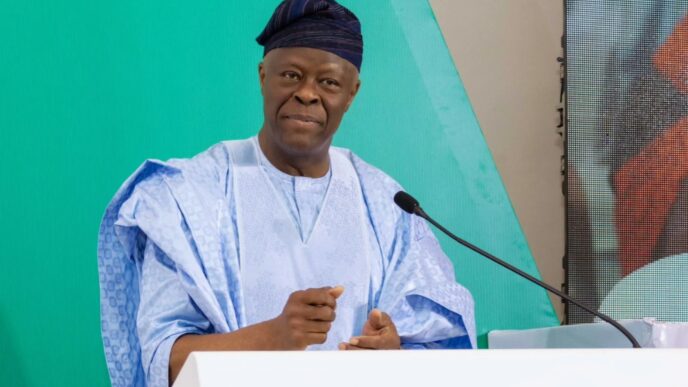Peter Obi, presidential candidate of the Labour Party in the 2023 elections, says the national grid collapse exposes the fragility of Nigeria’s power infrastructure.
Speaking on X on Tuesday, Obi described the situation as a “national shame” and a reflection of the government’s failure.
“For the umpteenth time, the national grid has collapsed, plunging a huge part of the nation into darkness and exposing the fragility of Nigeria’s power infrastructure,” Obi said.
“This recurring disaster is a national shame and a glaring testament to the failure of leadership and policy implementation at the highest levels.
Advertisement
“How long must Nigerians endure a system that fails to provide one of the critical necessities for a productive society?
“This latest power grid collapse is emblematic of a leadership and government that have consistently failed to prioritise the welfare and economic well-being of the people.”
Obi stressed the significance of power supply for the transformation of the economy, particularly small and medium-sized enterprises (SMEs), which he described as the “engine of job creation” and a major contributor to the nation’s gross domestic product (GDP).
Advertisement
‘SMALLER COUNTRIES DISTRIBUTE FAR MORE ELECTRICITY THAN NIGERIA’
The former Anambra governor, comparing Nigeria’s power generation capacity with other countries, said South Africa, Egypt, and Algeria, with significantly smaller populations, generate and distribute far more electricity than Nigeria.
“Today, we are the fourth largest economy in Africa, having fallen from the number one position due to leadership failure over the years, including the persistent power crisis, which is critical when compared to smaller economies,” he said.
“South Africa, which is now the largest economy in Africa with a GDP of about $400 billion and 30% of our population, generates and distributes over 40,000 megawatts of electricity.
Advertisement
“Secondly, Egypt, the second largest economy with a GDP of about $350 billion and half of our population, generates and distributes over 40,000 megawatts.
“Algeria, the third largest economy, with about 300B GDP and 20% of our population, generates and distributes over 50,000 megawatts of electricity.
“Nigeria, with less GDP but with more population than the 3 countries combined, generates and distributes less than 10,000 megawatts, and even that is riddled with frequent collapses and crises of failure.”
Obi said the disparity in power generation reflects a deep-rooted governance deficit that continues to hinder Nigeria’s growth and potential.
Advertisement
He called for urgent and comprehensive reforms in the power sector, adding that Nigerians deserve a government that prioritises measurable development indicators.
The national electricity grid collapsed for the seventh time on Tuesday, causing a nationwide blackout.
Advertisement
The development had occurred barely 24 hours after the grid collapsed on October 14.
The first time the grid shut down was on February 4, followed by additional collapses on March 28, April 15, July 6, and August 5.
Advertisement
Add a comment
